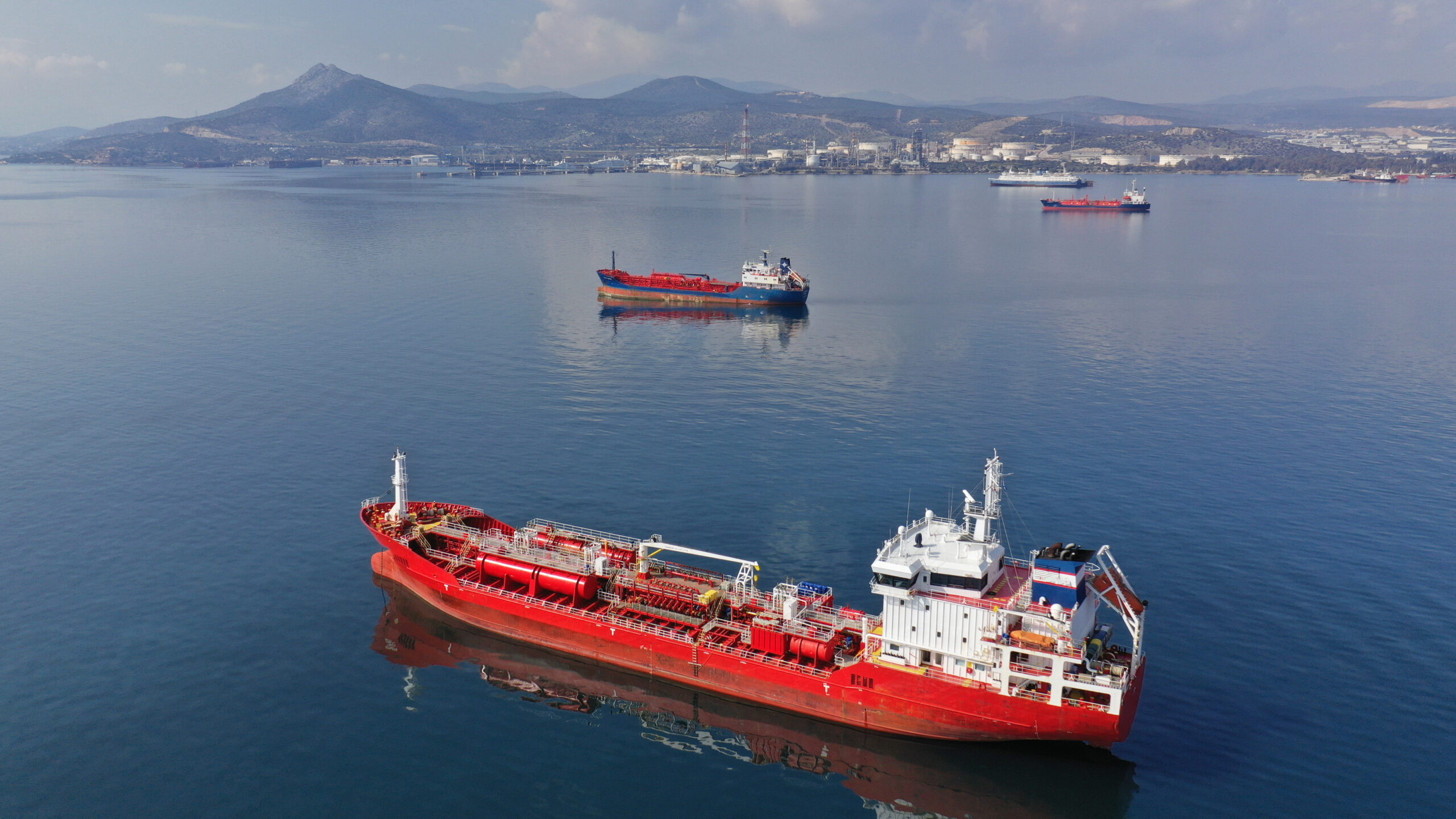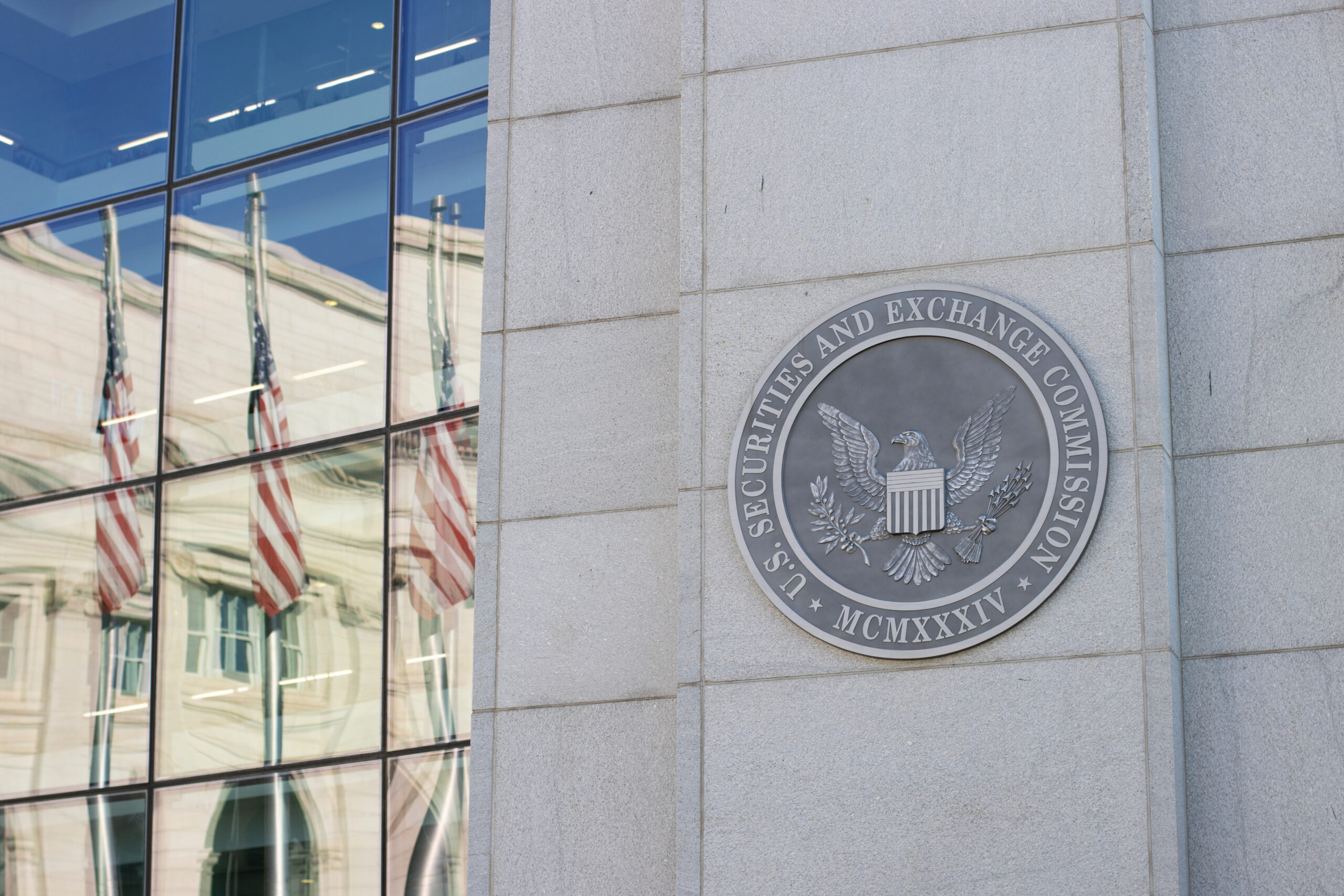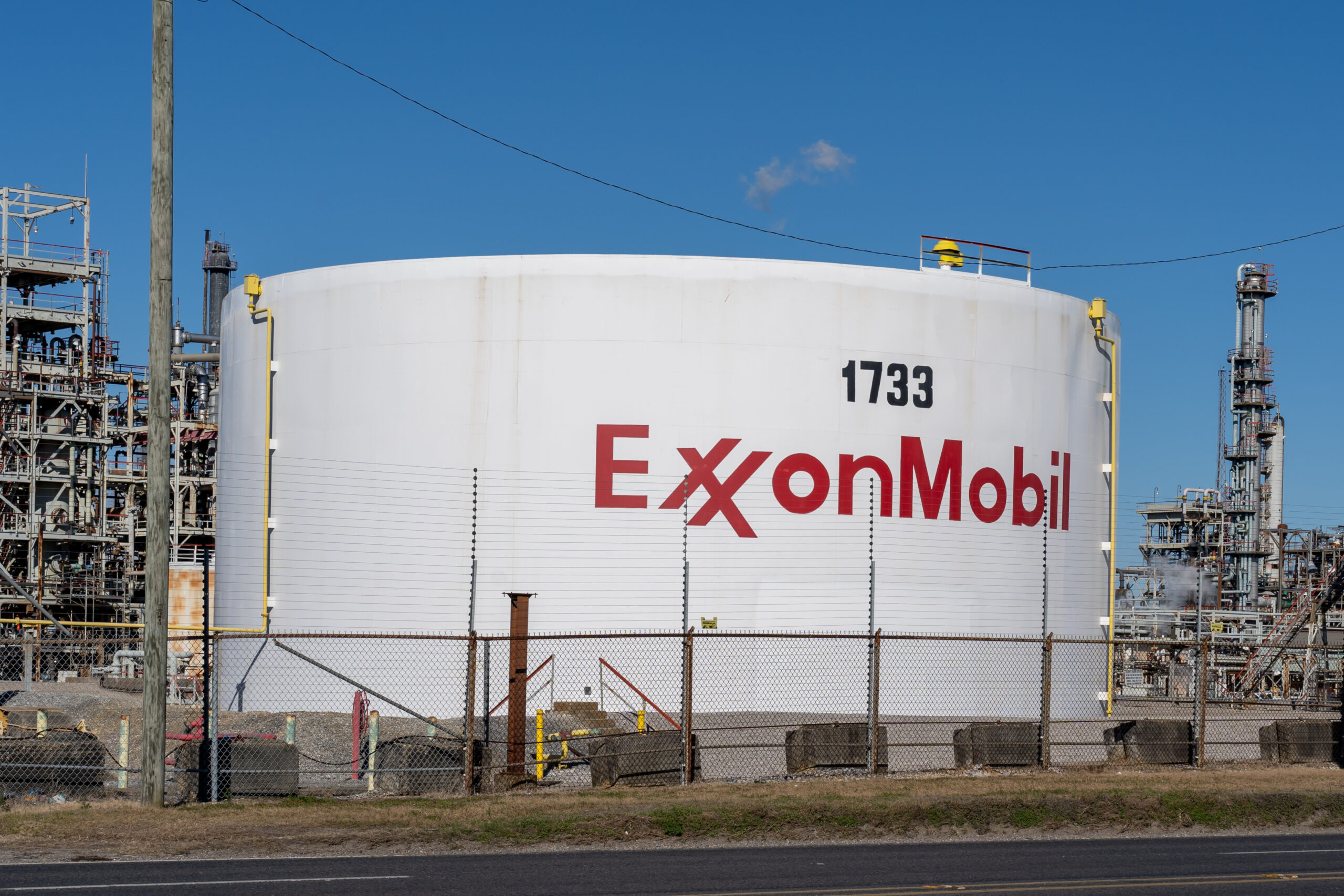Democrats call for greater scrutiny of U.S. LNG approvals
The Biden administration has supported an expansion of gas exports. But members of his own party warn that the buildout of U.S. LNG pollutes local communities and amounts to a major setback for the climate.

A group of forty-four Congressional Democrats signed a letter calling on the Biden administration to increase scrutiny of the U.S. LNG buildout occurring on the Gulf Coast.
In a letter released on May 8, Oregon Senator Jeff Merkley, Representatives Jared Huffman (CA-02), Raul Grijalva (AZ-07), and Nanette Barragán (D-CA-44), along with forty other Democrats from the House and Senate, expressed concerns about the swift pace of federal approvals for new LNG export terminals.
There are currently seven operating U.S. LNG export terminals, five under construction, and another eleven approved but not yet under construction.
“We are concerned about the United States’ continued expansion of liquefied fossil gas (LNG) infrastructure and capacity, despite recent reports and analyses questioning the necessity of such development and the effect that this buildout will have on this country’s climate goals and frontline communities,” the letter stated. They called on the White House Council on Environmental Quality (CEQ) to place “greater scrutiny on the entire LNG supply chain.”
According to the United Nation’s Intergovernmental Panel on Climate Change (IPCC), global greenhouse gas emissions need to fall by half by the end of the decade to keep the 1.5-degree-Celsius target alive, which would require a rapid reduction in the production and use of fossil fuels.
That raises questions about the wisdom of the U.S. expansion of LNG. Despite the fact that it will undermine climate targets, President Biden has supported more gas exports in a continuation of policies from past administrations.
As Gas Outlook has previously reported, LNG export terminals are emitting methane and other air pollutants into surrounding communities along the Gulf Coast.
For years, federal agencies, such as the Department of Energy and the Federal Energy Regulatory Commission (FERC), have undertaken perfunctory reviews of proposed LNG export projects, looking only narrowly at environmental or community impacts of those projects. They do not assess cumulative impacts — whether adding polluting infrastructure to areas that already have a lot of heavy industry exacerbates those health and environmental effects. Evaluations of greenhouse gas emissions also tend to narrowly look at gas when compared to coal, and assume a net climate gain. They do not incorporate upstream methane emissions.
In particular, FERC tends to issue nearly-automatic approval of pipeline and LNG projects, having only rejected two projects out of the hundreds proposed in the last two decades. The last time FERC rejected a proposed gas project was in 2016.
U.S. LNG developers have complained about the lengthy process, but the eventual approval is virtually a foregone conclusion.
The White House CEQ is in the process of tightening up guidance on how major fossil fuel infrastructure projects are evaluated by federal agencies, which could add more hurdles for future LNG projects to jump through.
Republicans want FERC to speed up the permitting of new gas projects. In a hearing held by the Senate Energy & Natural Resources Committee on May 4, several Republican Senators commended the work of the FERC Commissioners, but urged faster approval of gas infrastructure.
But in their letter, the group of Democrats called for more oversight, including a more comprehensive look at climate impacts and more input from local communities.
In years past, proposed LNG projects largely avoided national attention, and generally received bipartisan support. The latest letter is a sign that there is growing unease among Democrats about the scramble to build more gas export terminals.
“Our ability to combat the worst impacts of the climate crisis depends, to a significant degree, on whether the United States approves proposed LNG pipeline and export terminal projects on top of the already-substantial LNG infrastructure,” the Democrats’ letter warned.



